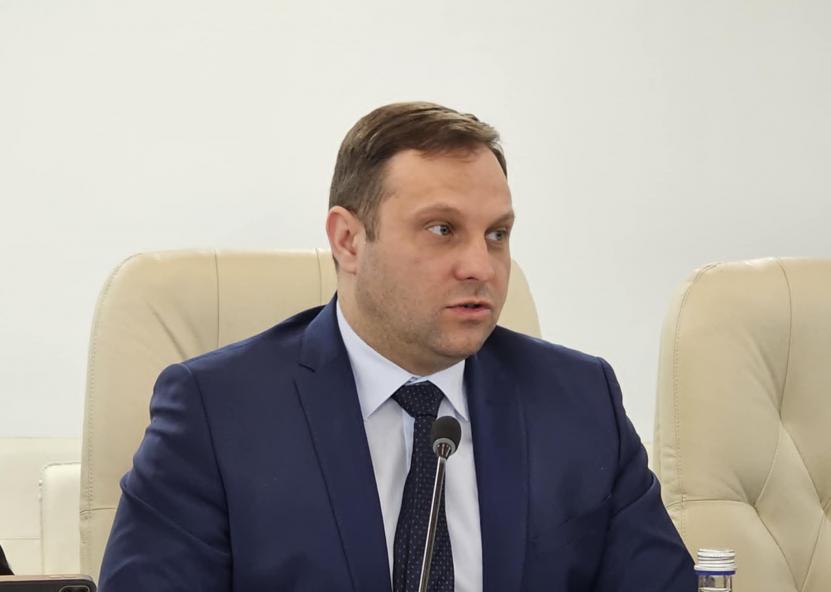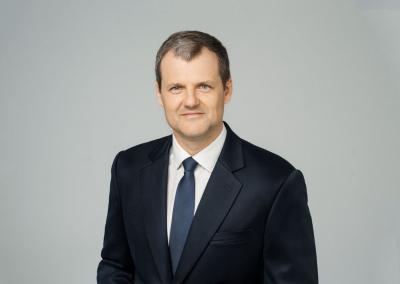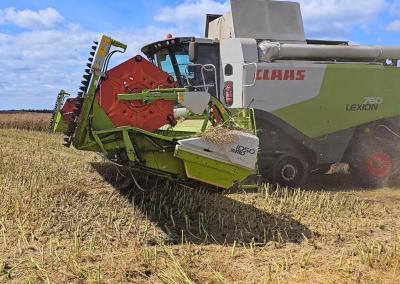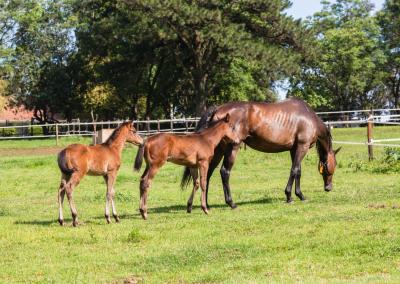I. Hofmanas does not rule out adjustments to the VAT relief for farmers: let's talk and debate
The Minister for Agriculture, Ignas Hofmannas, agrees that the personal income tax (GST) exemption should only apply to income from agricultural activities. The Minister does not rule out that there should be a debate on adjustments to the tax regime for farmers, but maintains that taxes must not be detrimental to the sector he oversees.
„Let's have that debate on the GST – let's talk and debate. I always take the position that whatever the tax is, it must not damage our agricultural sector, which is already competing poorly in the European Union," Mr Hoffman told reporters on Wednesday.„It is true that I fully agree that the relief should only apply to income earned from agricultural activities“, – he said.
According to the Minister of Agriculture, the VAT relief for farmers, which is now adopted by the Parliament, could cost up to €10 million to the state budget.„I won't say exactly now, but the relief could cost up to €10 million due to the pushed back limit of the GPM relief“, – said I. Hofman.
The MEP believes that when it comes to tax corrections for farmers, not only the GPT should be taken into account, but also the taxes paid to „Sodra“, which, according to him, disproportionately affect medium-sized farms.
„Both the GPM and the "Sodra" taxes, which are both paid by farmers on their taxable income, should be considered together. I think we should look at how to bring more fairness into the tax system. I believe that taxes must not disproportionately harm the medium-sized farms that are the most productive. All other discussions are possible – we need to make analyses and talk. All options are possible, but it has to be balanced," concluded Mr Hofman.
R. Šadžius can't yet say how much the relief will cost: amendment has caused confusion
Finance Minister Rimantas Šadžius said at the time that he could not say what the fiscal effect of the VAT rebate for farmers would be until an analysis had been made. He said that the amendment adopted at the last stage was „emotional“ and caused confusion in the Ministry of Finance.
„I cannot say yet. We would need to analyse how that emotional amendment to the VAT law adopted at the last stage could be applied. Only then could any fiscal effect be assessed," Šadžius told reporters on Wednesday.
„The amendment has certainly caused some confusion among Finance Ministry specialists and lawyers. We are currently analysing how this provision should be applied and we will see in the future whether it needs to be adjusted," the Finance Minister explained.
ELTA recalls that the Seimas agreed to tax personal income from next year at three progressive rates of 20, 25 and 32 per cent.
Farmers under the preferential tax regime will be taxed at a personal income tax (PIT) rate of 15% or 20%, depending on whether the farmer's annual income is below or above 60 average wages (approximately €138,000).
According to the government's draft, annual taxable income up to 36 average wages (Wage and salary units, next year €82.9 thousand) will be taxed at 20%, from 36 to 60 Wage and salary units (next year €82.9 thousand) at 25%, from 36 to 60 Wage and salary units (next year €138.2 thousand and above) at 32%.
The tax changes will come into force from 2026.














































































































